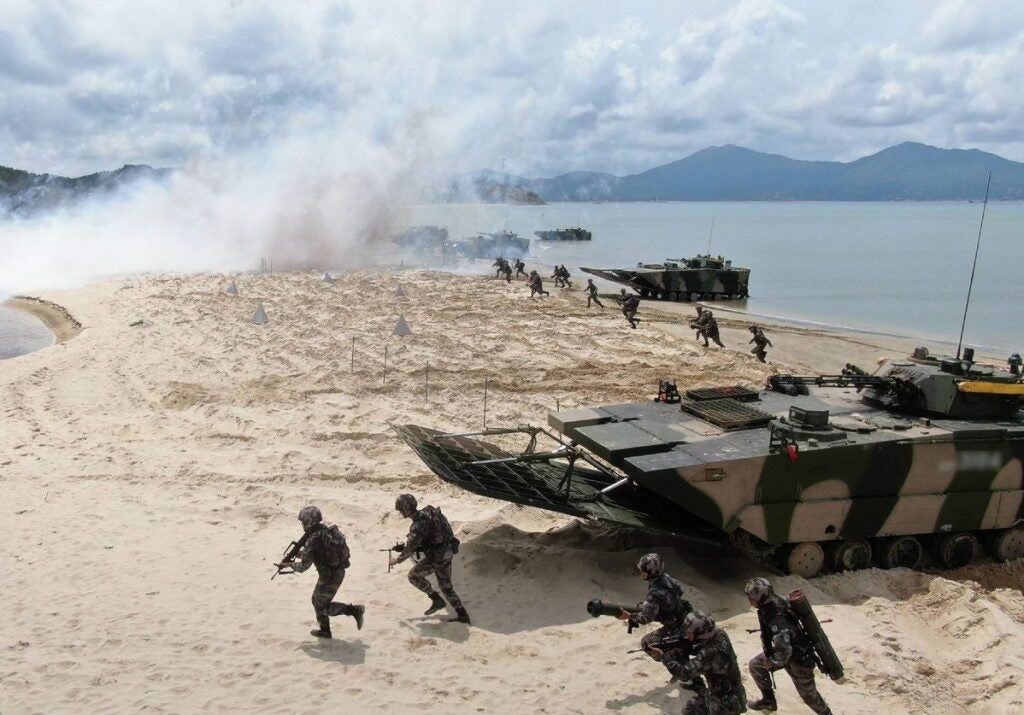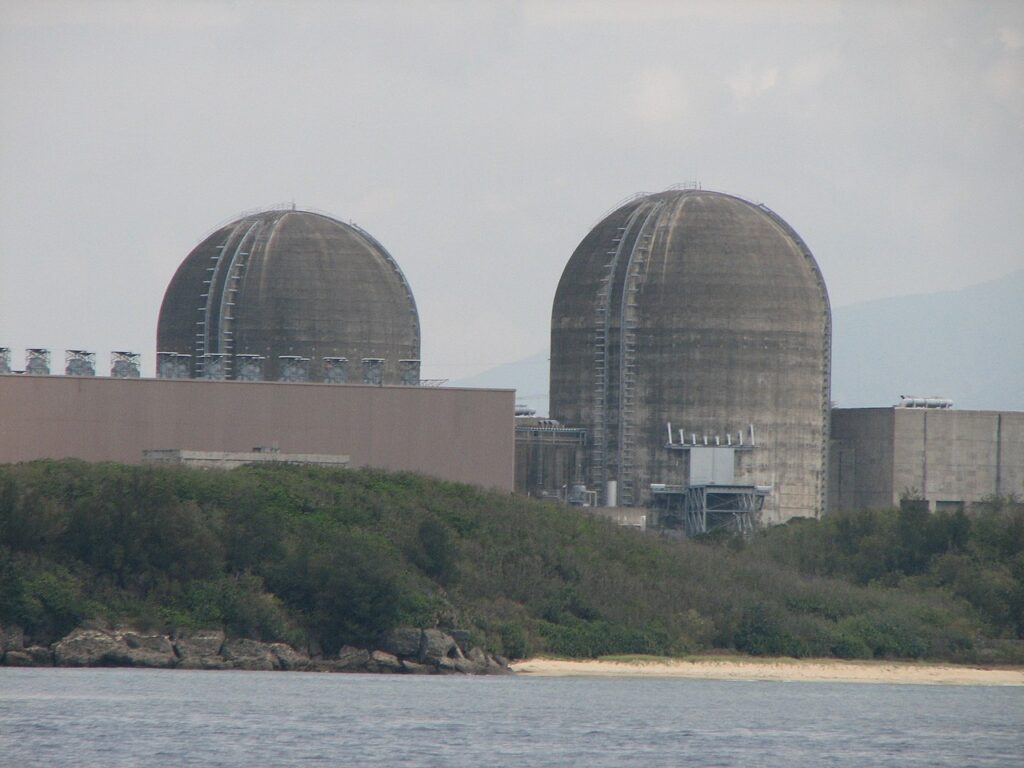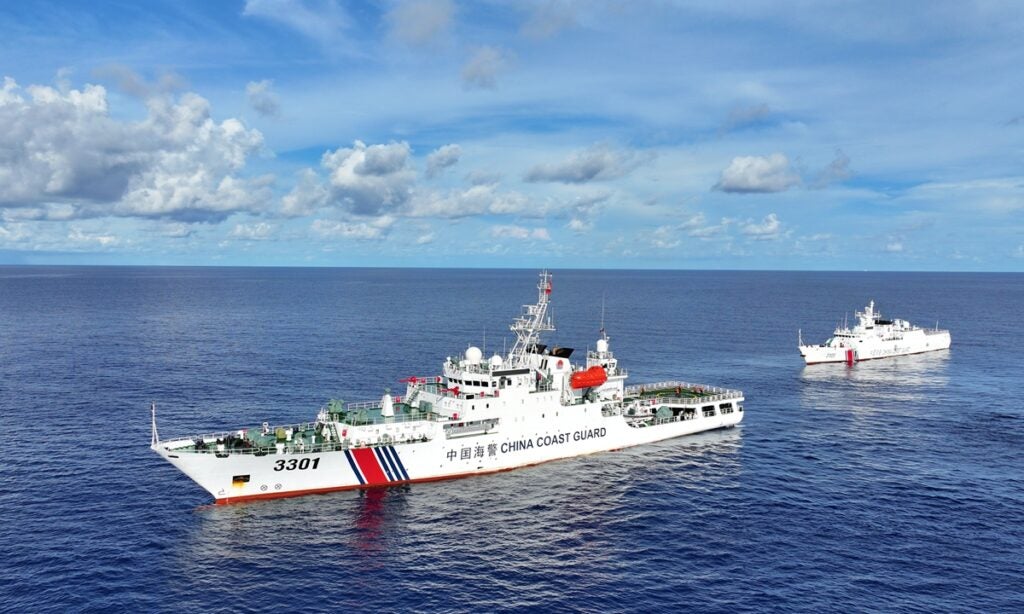What If China Blockaded of Taiwan? New CSIS Wargame Explores
On 31 July, the Center for Strategic and International Studies (CSIS) released a new report showcasing the findings of 26 wargames evaluating a potential Chinese blockade of Taiwan. A blockade, something that has received much less attention than the possibility of a full-scale invasion, could have similarly far-reaching consequences. There are many possibilities for how a blockade could play out. Chinese actions could range anywhere from having the Coast Guard and other paramilitary personnel board ships bound for Taiwan, to carrying out kinetic attacks against Taiwanese, Japanese and American ships and targets. Taiwan, meanwhile, could choose to be passive or attempt to break the blockade with military force. The extent of allied involvement could also vary.
There were five primary findings from the wargames. First of all, even a blockade is likely to be very costly. “At higher escalation levels, the United States lost hundreds of aircraft and dozens of warships”, the report found. Chinese losses were also high and often exceeded those of the Americans. Secondly, blockade scenarios have a lot of escalatory pressures which are difficult to contain. Although teams playing both the Chinese and their adversaries were largely reluctant to escalate, they ended up doing so regardless. Two of the five “free-play” games which didn’t place hard limits on escalation even spiralled into full-blown wars.

A third conclusion building on these two findings is that a blockade scenario would still be very risky and potentially costly for China. The assets needed to invade Taiwan would have to be spent on a blockade. By engaging in a blockade, China would likely lose the ability to catch its adversaries off-guard and would give the US and its allies time to assemble their forces and deal with coordination issues. If the blockade was unsuccessful, the attempt would likely rob the PLA of its ability to try and invade Taiwan.
The two other conclusions had to do with Taiwan’s position. First, Taiwan would not be able to defend itself without allied intervention. Without American and Japanese support, Taiwan could not survive a blockade. A limited intervention like a “Ukraine strategy” would not work either as allied supplies could not get past the Chinese blockade without the US willing to escalate. Given the distances involved and Taiwan’s population, there would also be no possibility of a modern-day Berlin Airlift. Second, while Taiwan’s food supplies proved resilient, the energy sector was particularly vulnerable. Half a year of blockade would completely cripple the island without outside help. However, if the US chose to put its full weight behind Taiwan, this limitation could be overcome. On the other hand, if China paired its blockade with strikes against Taiwanese energy infrastructure, the situation could easily become even more dire.

These observations highlight that Taiwan needs to invest more resources into strengthening its energy supply, and the US must prepare both the plans and resources needed to break a possible blockade. These preparations could help dissuade China from undertaking such an action in the first place. The challenge, however, is that the capabilities needed to counter a blockade are different than those needed to counter an invasion. With limited resources for defense, tradeoffs have to be made and priorities must be set.
The full report is available to read here.

